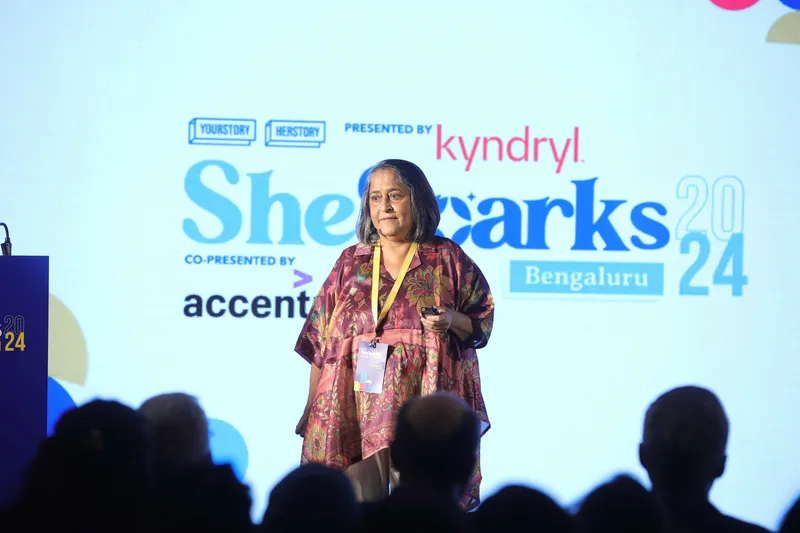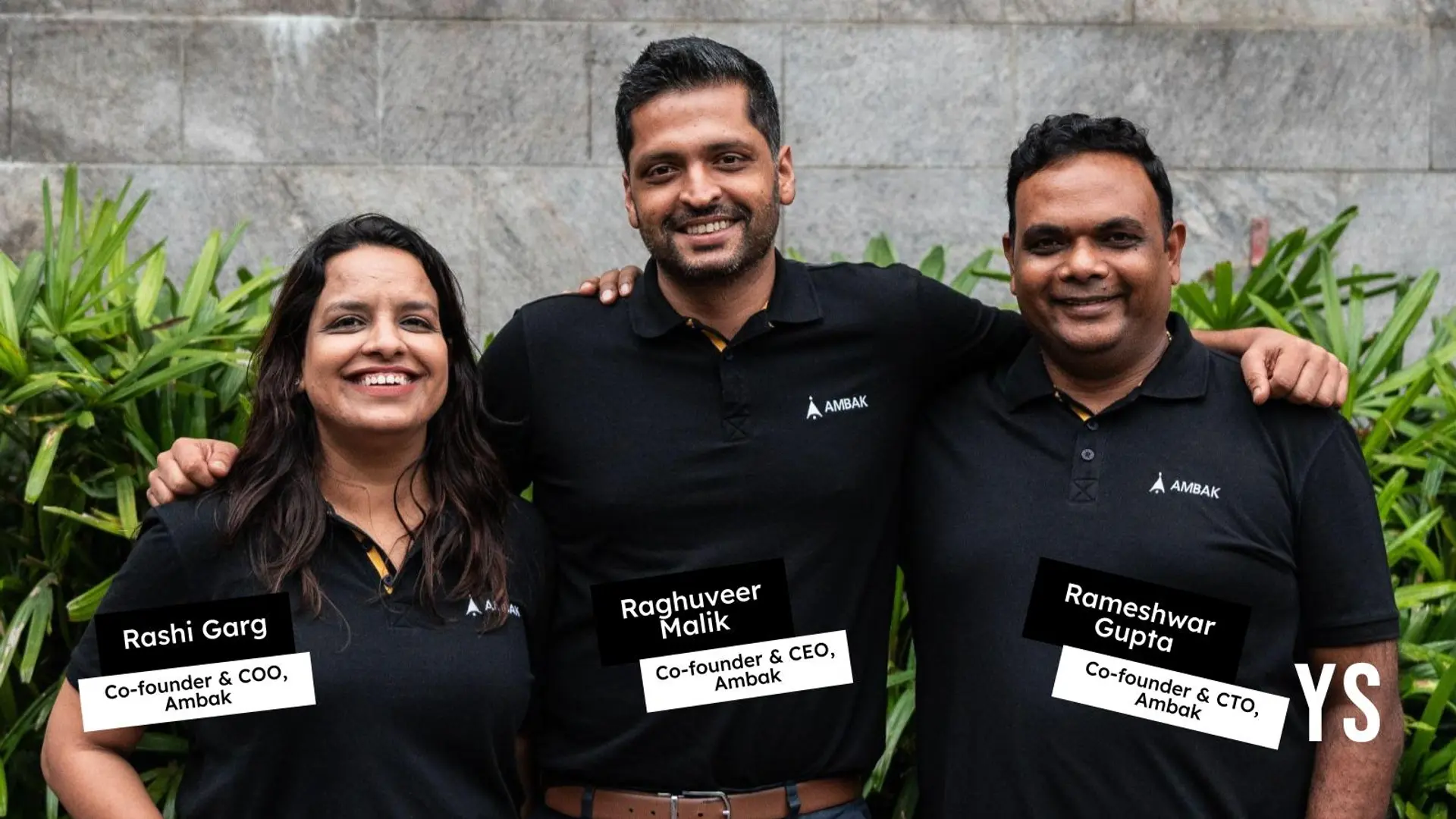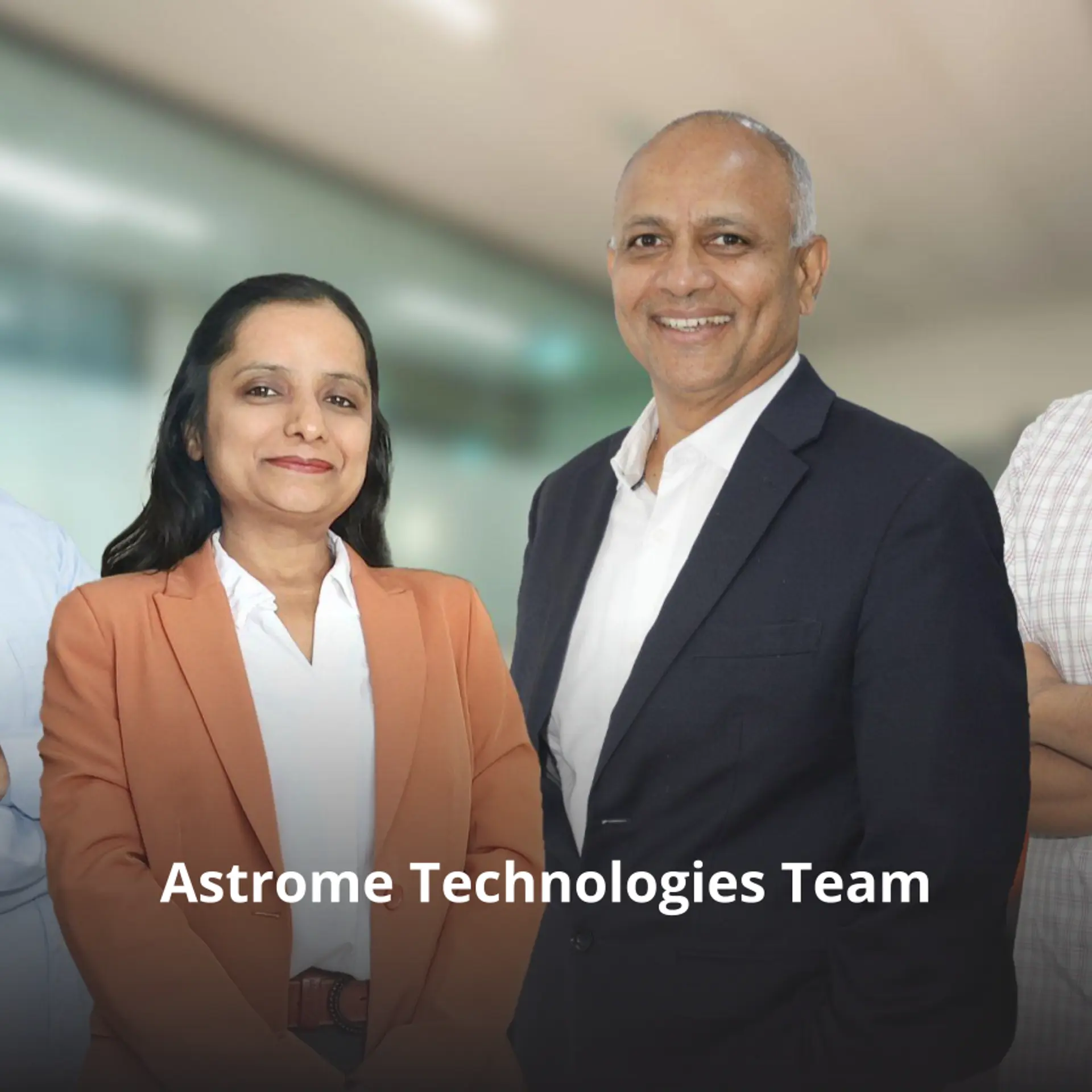From changing perceptions to urging community participation: Poonam Bir Kasturi decodes effective waste management
At SheSparks 2024, Poonam Bir Kasturi, Founder of Daily Dump, emphasised the need for efficient recycling, community involvement, and shifting attitudes towards waste management.
The need for an efficient approach to recycling, particularly as urbanisation accelerates is critical, emphasised Poonam Bir Kasturi, Founder and Designer of Daily Dump, during SheSparks 2024.
She also spoke about the importance of community involvement and active participation in the waste recycling process to achieve success.
"I need your help to keep the story of wasting less, composting more, and buying sensibly alive," she said.
Kasturi recalled that in 2005, she noticed that nearly 60% of the household waste by weight was organic and could be used to make compost at home instead of being thrown out. She say that this practice was better for the planet as it required less emissions.
“You're taking it to the landfill and creating more poison. So I thought to build this composting muscle for this nation through my startup,” she said.
Daily Dump, started in 2006, makes composting products that are designed to change mindsets around waste and the ease of composting in India. It offers a range of products including composters, composting accessories, gardening products, books, and zero-waste products like bags and combs.
Comparing composters to washing machines, she emphasised their role in cleaning up daily waste. She noted that while India sold about 65 lakh washing machines last year, only 15,000 home composters were sold in comparison, highlighting a significant gap in adoption.
“Any startup Bible will tell you that if there's no demand, don't start a business. But we created India's first home composter in 2006. These are a range of products that we have developed and designed from scratch since then. We took what was an externality, we monetised it and decided to build the demand,” she said.
However, the market response has been “very sluggish”, she said.
According to Kasturi, any “self respecting entrepreneur” would have pivoted but she continues to persevere as she believes waste management is important for the country,
“Maybe it won't fructify now but in the future. I still feel this is important,” the founder said.
Kasturi highlighted that lack of awareness, perception and behaviour towards waste in the country is the reason behind this lack of demand.
“Trust me that's the reason why India's dirty, it's not the plastic bag that is the culprit here,” she added.

Poonam Bir Kasturi
Community participation
Cities in India have undergone a dramatic transition over the last 20 years, especially their demographic composition. However, what hasn’t changed is the need for community.
And this power is needed to change the perception around waste. According to Kasturi, even high-rise buildings allocate Rs 50 per house for waste management.
“I feel humiliated talking to adults trying to convince them about this gap. You cannot have a system that works at 50 rupees per flat. You need to invest anything between 350 to 550 per flat per month. And it's not a big sum,” she said.
Talking about the solutions, she added that it's possible to set up mini recovery facilities in large buildings where all the waste of the building can be collected in a designated area to be either recycled or composed. She believes that India can lead on this front because the country is urbanising now.
“Your participation is critical to make this happen because it's for your children,” she asserted.
She believes that when it comes to waste, there is a need for individual action, distributed action, decentralised action and a centralised system to manage medical waste, hazardous waste and e-waste.
“That 60% that is in your bins is your responsibility. It needs to become non-negotiable, either through government policy or through our collective awareness and action….you can create a viable ecology around this. So, not today, but perhaps tomorrow, with everybody's action, we can make that happen," she said.
Edited by Affirunisa Kankudti







